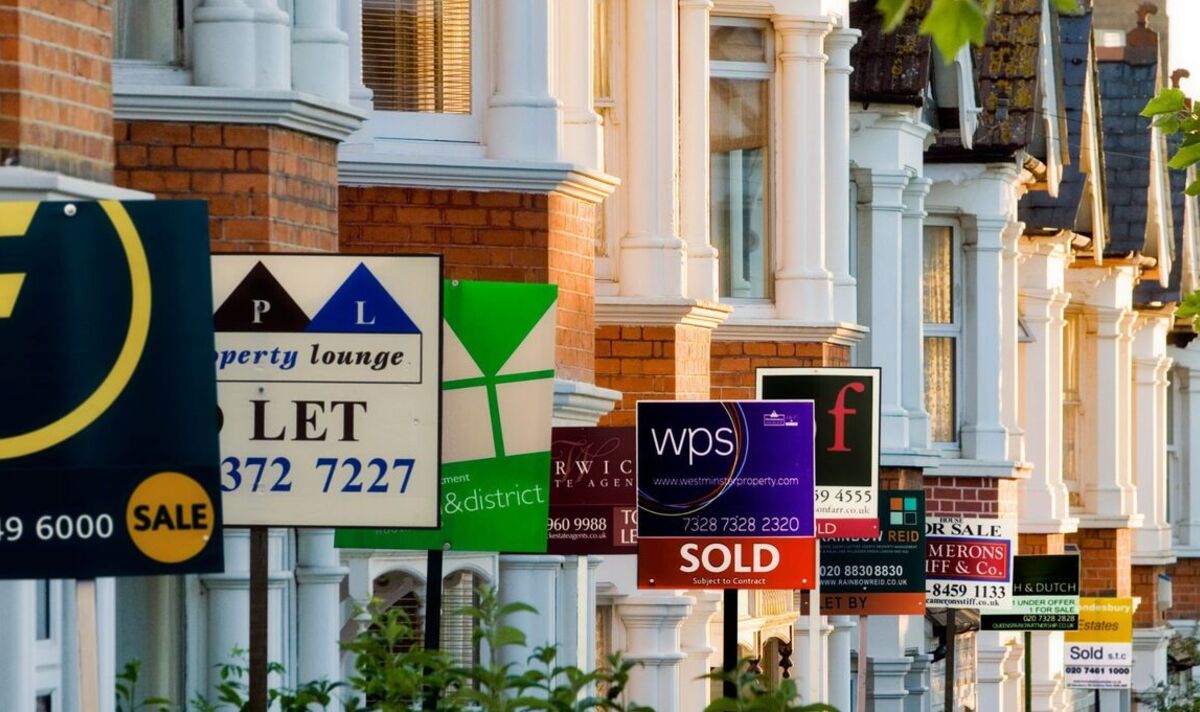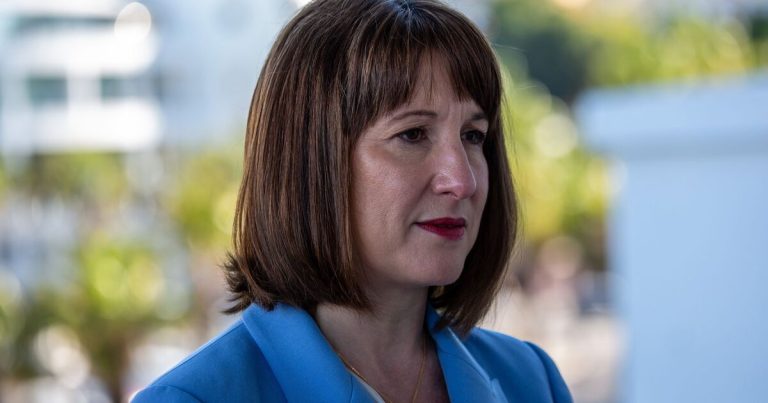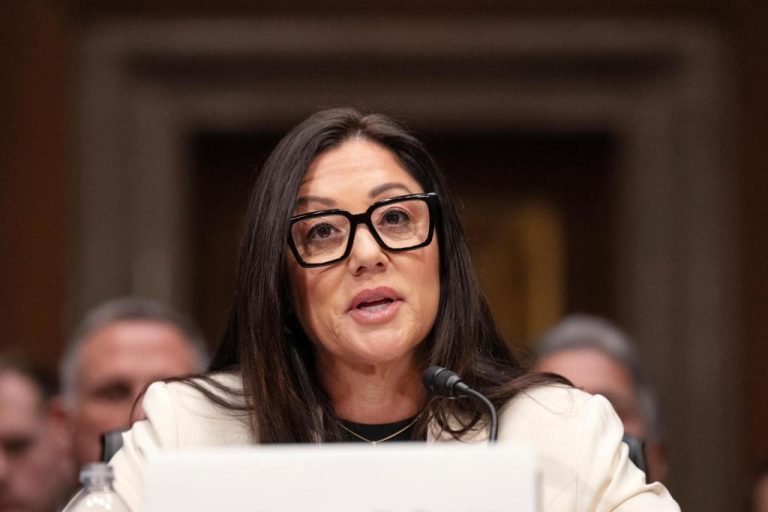
House prices rose by 0.9 percent on average month-on-month in October, according to Nationwide Building Society, although they were 3.3 percent lower compared to the same month last year.
In the UK, the average house price in October stood at £259,423. This represents a significant decrease of £34,577 compared to December 2022, when the average was £294,000.
Robert Gardner, Nationwide’s chief economist, said that despite the month-on-month rise in prices, housing market activity “has remained extremely weak, with just 43,300 mortgages approved for house purchase in September, around 30 percent below the monthly average prevailing in 2019”.
Other analysts have described the “unexpected uplift” as a “glimmer of hope” for homeowners that the worst of the downturn may be over.
Alice Haine, personal finance analyst at Bestinvest, commented: “Britain’s house prices rose 0.9 percent on the month in October, offering a glimmer of hope to homeowners that the worst of the downturn may be over. The unexpected uplift led to an improvement in the annual rate of house price growth, which dropped by -3.3 percent from a decline of -5.3 percent in September.”
But while this may deliver some relief, Ms Haine noted: “The uptick reflects the low stock of properties up for sale as high borrowing costs and uncertain conditions caused many sellers to delay putting their home up for sale.”
In the last month, the Bank of England’s Money and Credit Report indicated a significant decrease in mortgage approvals, dropping from 45,400 in August to 43,300, marking their lowest level since January.
Ms Haine said: “Mortgage approvals dropped almost five percent in September, according to recent Bank of England data, while lending also plunged as buyers either shunned the market or favoured smaller, cheaper homes to help meet mortgage affordability criteria.
“Whether mortgage lending will weaken further in the months ahead depends on what the BoE does next with interest rates.”
The Monetary Policy Committee, which is responsible for determining the Base Rate, is widely anticipated to maintain it at 5.25 percent during its upcoming meeting on Thursday, given the easing inflation and increasing concerns about a broader economic downturn.
While another pause may deliver good news for first-time buyers, interest rates are now forecast to stay higher for longer to constrain demand, which Ms Haine said could add further downward pressure on property prices.
Meanwhile, Bob Singh, founder of Uxbridge-based Chess Mortgages, described the property market as “malaise”, a term indicating a general sense of discomfort characterised by persistent stagnation.
He said: “Malaise is the word I would use to describe the property market right now, but this data seems to suggest it is gathering momentum. October’s uptick in prices has certainly come out of the blue based on what we’re seeing.
“Activity levels are down in all areas of the market, from first-time buyers and home movers to landlords. The purchase market is on ice as first-time buyers await even lower mortgage pricing and house prices before they jump onto the ladder. The market is likely to remain subdued until we start to see Base Rate reductions in mid-2024.”
Mr Singh said that, while the Base Rate is likely to remain steady for the short term, it is at least keeping up the pressure on lenders to offer better-priced deals. He added: “On a positive note, mortgage pricing is improving all the time. Margins are being cut to the bone by lenders to attract new business and we are seeing a lot of product innovation.”
John Choong, senior equity research analyst at Investing Reviews said: “Big questions remain as to whether house prices will continue falling, but recent trends from both Nationwide and Halifax have certainly shown some mildly encouraging signs that the housing market correction may be close to the bottom.
“This has been confirmed with this latest data, which is without doubt a bricks-and-mortar curveball. The fact that mortgage rates are also reducing on a weekly basis is starting to dissipate the affordability headwinds.
He added: “Sentiment is picking up as people feel that the interest rate peak may have been reached. With real wages also now trending positive, this should help to prop house prices up until demand returns in earnest.”






